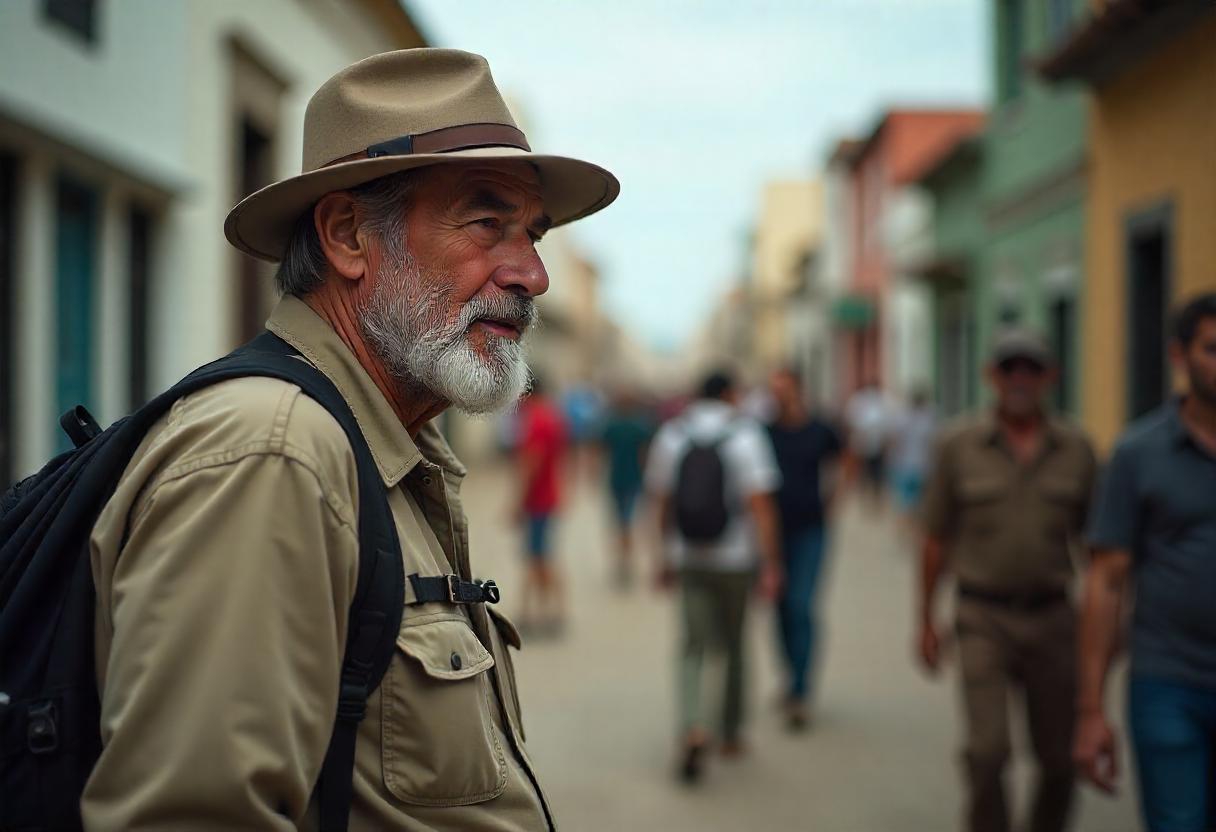Introduzione
If you’re considering a trip to Mozambique, you likely ask yourself, is Mozambique safe to travel? This vibrant country is renowned for its stunning beaches, rich culture, and diverse wildlife. However, understanding the safety conditions and travel advice is key to having an enjoyable experience. In this article, we’ll delve into the safety aspects of traveling in Mozambique, focusing on the Cabo Delgado Province, crime rates, police presence, and the best times for a visit. Let’s uncover what this beautiful country has in store for travelers!
Understanding Mozambique’s Geography and Safety Landscape
Mozambique is located on the southeastern coast of Africa, bordered by the Indian Ocean. Its diverse landscape ranges from beautiful coastal cities to remote inland areas. The Cabo Delgado Province has recently drawn attention due to security challenges. Understanding the local landscape and conditions is vital for a safe journey.
Regions of Concern
When assessing if it is sicuro per viaggiare to Mozambique, it’s important to identify regions with safety concerns. The Cabo Delgado Province has faced security issues, and travelers should be cautious in this area. National parks and well-known tourist spots are generally considered safer, but always stay informed about your destination.
Local Law Enforcement
The presence of police can impact safety perceptions. In regions where policing is more robust, travelers tend to feel safer. Mozambique has a police presence in urban areas, and visiting a stazione di polizia could be beneficial for assistance if needed. Always check current safety reports to ensure you’re aware of the local police activities.
Crime Rates and Safety Tips
Although many travelers visit Mozambique without incidents, it’s essential to remain aware of your surroundings. While crime rates are lower in tourist areas, petty crime such as pickpocketing can occur.
Consigli di sicurezza per i viaggiatori
- Keep Valuables Secure – Use hotel safes and avoid displaying expensive items.
- Choose Safe Transportation – Opt for official taxis or book transfers through reputable services like GetTransfer.
- Travel in Groups – It’s always safer to explore with others, especially at night.
Police and Support
Having access to police support can ease concerns. Learn about the locations of stazioni di polizia near your accommodations and keep local emergency numbers handy. Although policing is present, ensure you understand the local procedures in case you need assistance.
When is the Best Time to Visit Mozambique?
Weather can significantly affect your travel experience in Mozambique. The ideal time to visit depends on your preferences and planned activities.
Optimal Travel Seasons
Il stagione delle piogge lasts from November to April, and this period can see heavy rainfall, particularly in the northern regions. Conversely, traveling during the dry season (May to October) offers a more stable climate, making it the best time to travel for wildlife safaris and exploring coastal cities.
Dry Season: May to October
This is considered the periodo migliore per visitare Mozambique. The weather is generally dry, making road conditions better and activities more enjoyable. Popular beaches in places like Maputo will be perfect for sunbathing, and it is easier to access national parks.
Rainy Season: November to April
Travel during the stagione delle piogge can bring challenges. Heavy showers often occur, especially in the Cabo Delgado Province. While travel may still be possible, it’s essential to consider road conditions and potential disruptions. However, visiting during this time can also yield vibrant landscapes and fewer tourists, making it appealing to some travelers.
Getting Around Mozambique Safely
Understanding local transport options is crucial to ensure your journey remains smooth. Here are some considerations for safe navigation across Mozambique:
Road Conditions
Road conditions in Mozambique can vary significantly. Urban areas generally have paved roads, while rural routes may be less maintained. Always check recent travel reports on road conditions to determine if your planned routes are accessible.
Opzioni di trasporto
- Taxis and Ride-Sharing – Use official taxis or trusted ride-sharing apps for transportation.
- Trasferimenti privati – Consider booking transfers through services like GetTransfer, ensuring a safer travel experience.
- Trasporto pubblico – Local minibusses are available, but they might not always maintain safety standards.
Emergency Preparedness in Mozambique
Staying prepared helps ensure a safe trip. Familiarize yourself with emergency numbers and local medical facilities.
Local Emergency Contacts
In case you need help, here are some essential contacts while in Mozambique:
| Servizio | Numero di contatto |
|---|---|
| Servizi medici di emergenza | 115 |
| Polizia | 119 |
| Servizi antincendio | 198 |
Cultural Considerations and Local Etiquette
Every country has its unique culture. In Mozambique, understanding local customs can contribute to smoother interactions.
Respecting Local Customs
- Greetings – Greeting friendly locals is appreciated, such as saying “Olá” (hello).
- Dress Modestly – When visiting villages, modest clothing is preferred.
- Ask Permission – Always ask before photographing individuals, particularly in rural areas.
Conclusion: Is Mozambique Safe to Travel?
In conclusione, la risposta alla domanda, is Mozambique safe to travel, lies in being informed. While certain regions, particularly the Cabo Delgado Province, require caution, many parts of Mozambique welcome travelers with their astonishing beauty and warmth. By being prepared, staying informed about current conditions, and respecting local customs, you can enjoy a rewarding experience. Utilize services like Ottenere il trasferimento to ensure safe and convenient transport throughout your journey. Your adventure awaits in this stunning country!

 Il Mozambico è un paese sicuro da visitare? Cosa devi sapere">
Il Mozambico è un paese sicuro da visitare? Cosa devi sapere">

Commenti